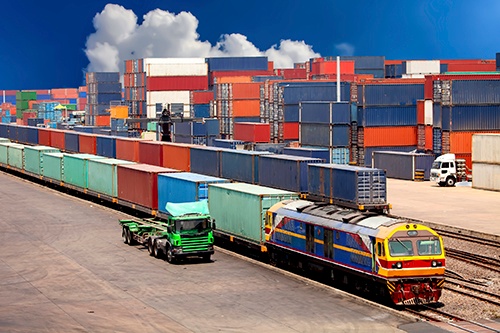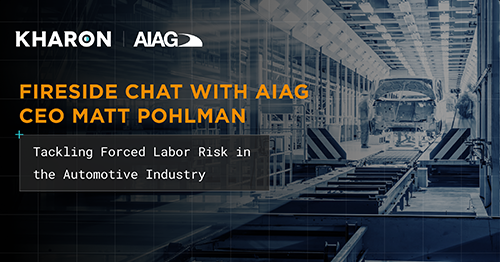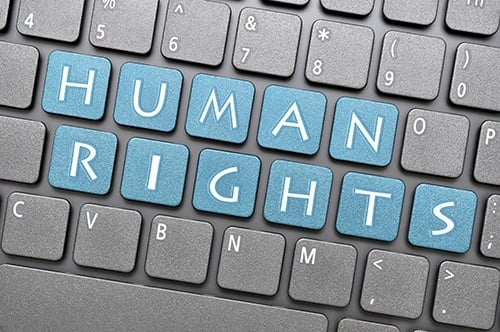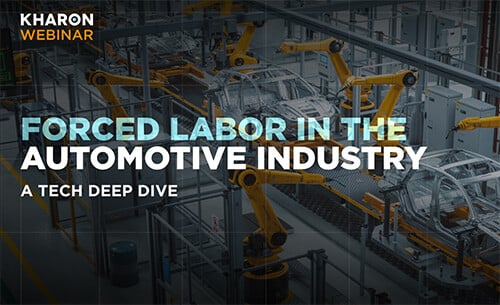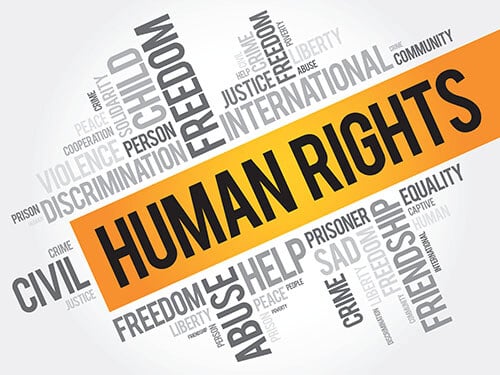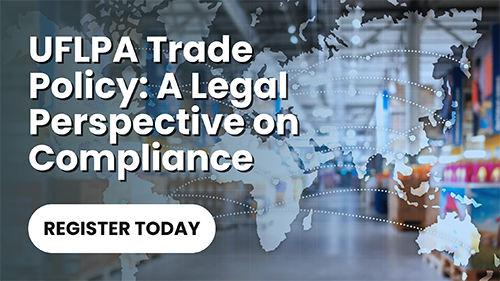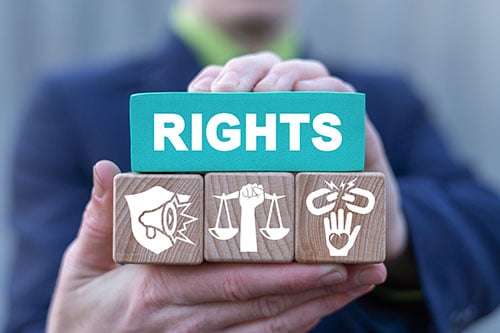We’re just two weeks away from our highly anticipated Hybrid Forced Labor Due Diligence Conference on May 15, 2025, and early registration pricing ends today, May 1. With increasing momentum across the industry to combat forced labor, this event is your chance to gain essential insights, align on expectations, and explore practical solutions for advancing due diligence efforts.
Read More

